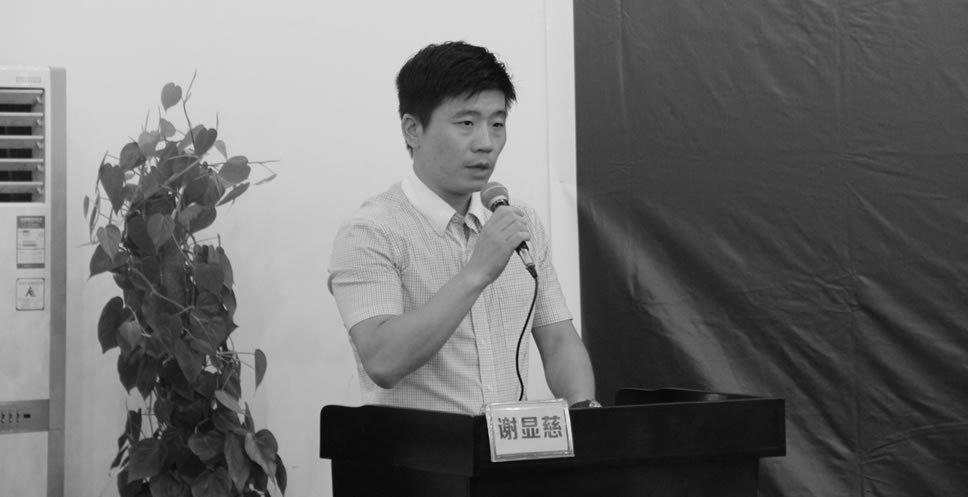An official associated with China’s organ donation system has been sentenced for corruption.
Xie Xianci, deputy director of the organ donation management center in southeastern China’s Jiangxi Province was sentenced by the People’s Court in Qingyunpu District, located in the Jiangxi capital of Nanchang City. Xie was sentenced to two-years imprisonment, with reprieve for two years and six months, and a fine of 100,000 yuan (about $15,700), according to state-run newspaper The Paper.





